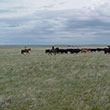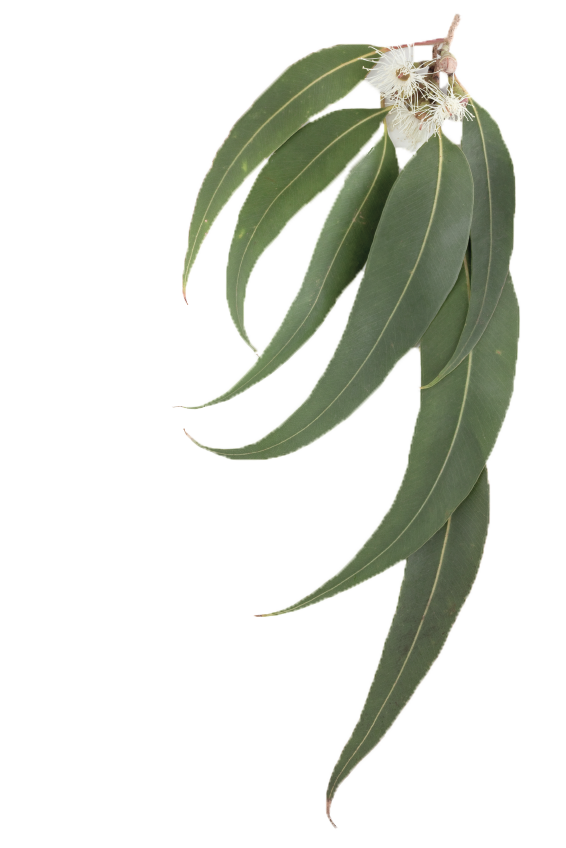Stories
Science, Research, Climate Change and Agriculture: Stories From The Hawkesbury Institute for the Environment
Divider
Divider
17 August 2020
Researchers in the Which Plant Where project based at Western Sydney University have assessed urban tree species to select species that are more likely to cope with heat and drought as they mature.
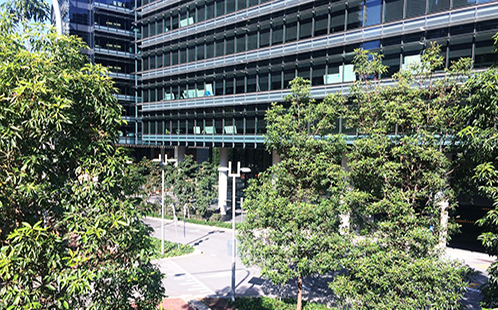
10 January 2020
Dr Rachael Nolan says her analyses of bushlands around Sydney in the final months of 2019 indicated that the landscape was primed for these catastrophic fires – but it was series of other conditions, all happening concurrently, that ultimately led to the disaster.
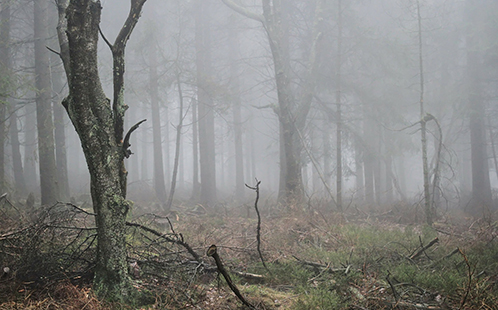
19 June 2019
Scientists have issued a new warning to humanity that efforts to address climate change demand that we include the immense roles played by microbes.
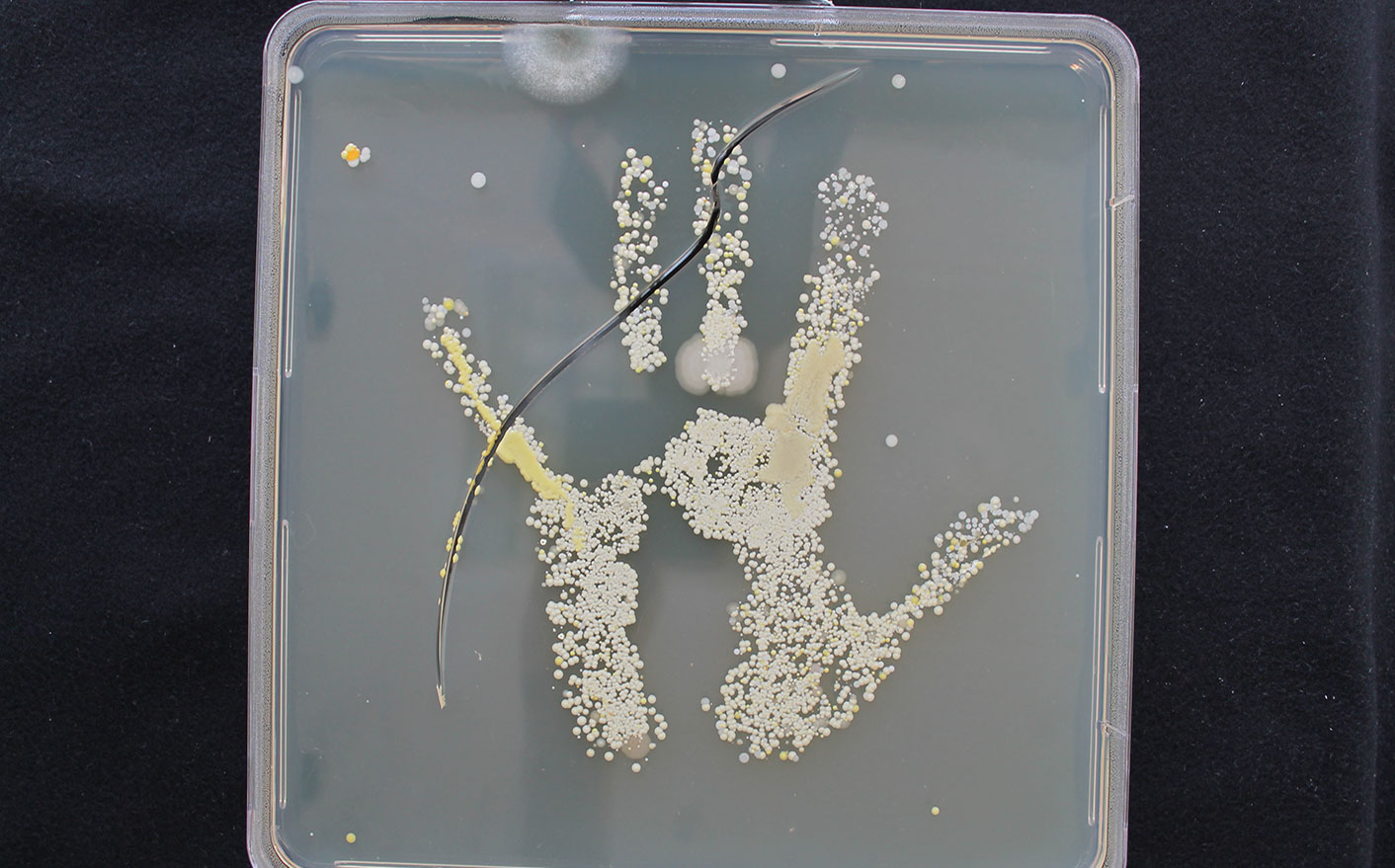
18 December 2017
When we think of Christmas, what colour comes to mind? For most people, that colour is probably red. Even Santa himself is red. It’s a colour reminiscent of family, good food, Santa and his gifts and festive holidays...
Updated 29 January 2016. Originally published 8 December 2015
A new study drawn from more than 80 dryland sites across the world published in the Proceedings of the National Academy Of Sciences (PNAS) and Nature Communications indicates that increasing aridity reduces abundance and diversity of microbial communities which carry out for most of ecosystem services such as primary production, water filtration and climate regulation...
